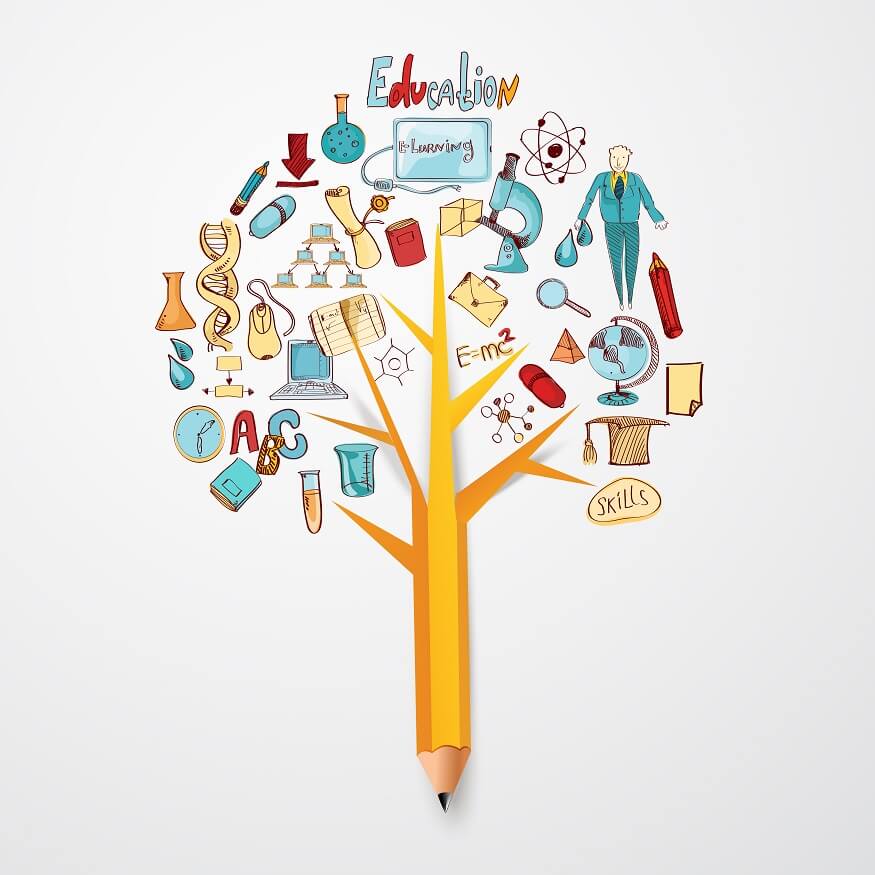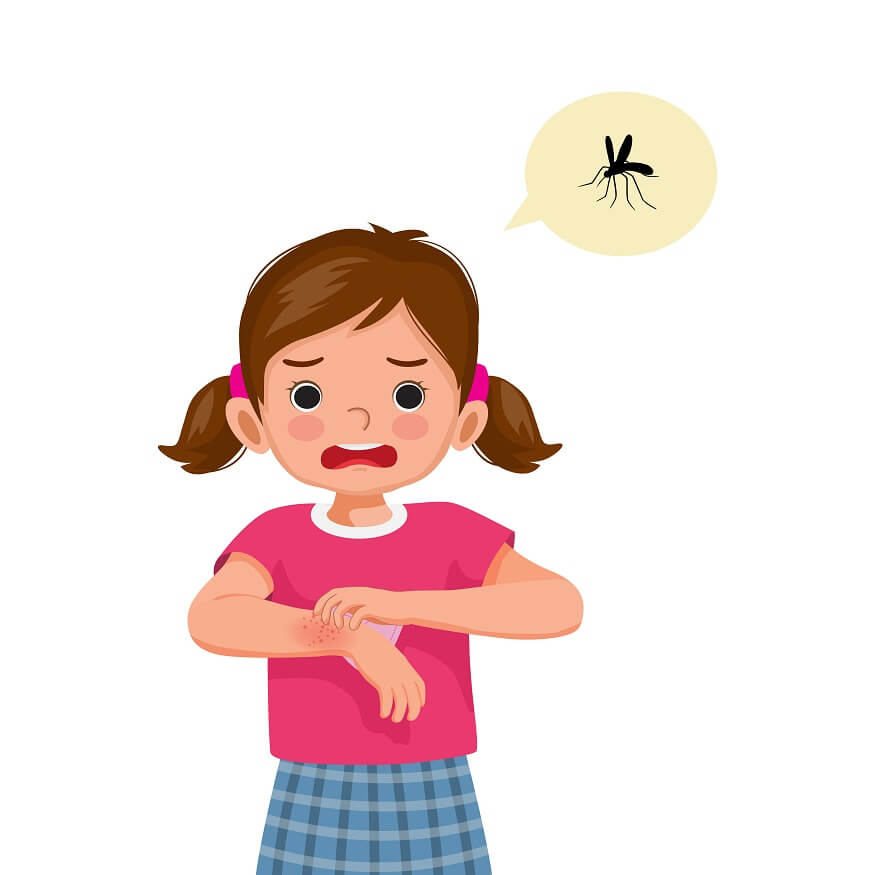The creation of conflict-sensitive education policies and programs is one of the main interventions in the promotion of peace through education. To establish a practical and effective intervention that builds the role of education in promoting peace, it is necessary to undertake conflict analysis on education systems, structures, and delivery to uncover the causes of conflict and violence and the dynamics that underlie them. Any country’s social, economic, and political progress depends on the knowledge, abilities, values, and attitudes that education fosters.
If young people are not given the opportunity to improve their talents for the workforce, they will eventually be shut out of society’s active involvement.
The following are some ways for the role of education in promoting peace:
- Education Teaches social and emotional skills.
- Education teaches Cultural Diversity
- Education encourages a sense of Harmony.
- Utilise approaches for conflict resolution when Educating instructors.
- Education helps in Reducing Anger
- Teachers should serve as positive role models for their students.
- Having more knowledge lessens support for terrorism and militancy
- Education promotes Professional Growth.
- Education is linked with Economic Growth
- Education lowers the risk of contracting HIV and AIDS.
The emphasis on teaching social and emotional skills is one of the finest methods in the role of education in promoting peace, According to The New York Times, to promote a culture of peace in the classroom. Five goals that students can work toward to promote Social and emotional learning have been developed because of decades of research gathered by the Collaborative for Academic, Social, and Emotional Learning.
The diversity of traditions and practices practised throughout the world needs to be highlighted while talking about the role of education in promoting peace. Across time and location, culture takes many different shapes. The distinctiveness and variety of the identities of the various groups and societies that make up humanity serve as symbols of this diversity. Cultural diversity serves as a hub for interaction, ingenuity, and creativity, just as biodiversity does for nature. In this sense, it is a shared human inheritance that ought to be acknowledged and affirmed for the good of both the present and the next generation.
Teachers should possess the necessary tools to encourage a sense of harmony with themselves and the wider community which is the role of teachers in promoting peace.
The role of teachers in peace education is most important. We can all recall “those” professors. The one teacher who, fortunately, was often upbeat. Sometimes this was uncomfortable, as it was difficult for us adolescents to keep up with their vigour in the early morning hours. The things they covered sounded interesting to us as students, and we eventually grew to consider the subject matter they taught as relevant. We began to look forward to their highly engaging sessions. However, we also recall the other instructor, who had a propensity to respond to student disturbances with excessive rage, occasionally answered inquiries from students with a cynical tone, and was generally emotionally cold. We found the teacher’s lessons to be boring, and intimidating, and we eventually stopped liking the subject.
This article’s major goal is to encourage academics to look at teacher—emotion—student outcome relationships from a variety of perspectives and to broaden the unidirectional thinking that has dominated the field up to this point.
Utilising a mediator or third-party facilitator, adhering to a formal process or protocol, separating the person from the issue, examining the underlying needs and interests of each party, coming up with creative solution ideas, and creating an action plan or follow-up strategy are some conflict resolution techniques in the role of education in promoting peace.
It is crucial to prioritise strategies for reducing anger, hostility, and other unpleasant emotions in pupils’ brains. Hostility and wrath are the behavioural characteristics that have been the subject of most research in stress research in the role of peace education. Studies show that the behaviour most significantly associated with an increased risk of coronary heart disease, myocardial infarction, and possibly high blood pressure is aggression. It is commonly known that stress directly contributes to a wide range of physical and behavioural stress concerns. For instance, there is a strong association between anger and digestive or stomach issues. Hence, the Role of education in promoting peace reduces anger issues.
As a result, they can assist their students in learning how to manage common situations without resorting to violence while keeping in mind the students’ mental well-being to ensure the role of peace education.
The first and most significant role models in students’ lives are frequently their parents, teachers, and other adults. They provide an example for the pupils by having good behaviour, a strong work ethic, and morals. The role of teacher in peace education can motivate students by setting inspiring examples of achievement, perseverance, and commitment to their subject matter.
The role of teachers in promoting peace is to teach them Women with greater education are less likely than their educated male counterparts to support militancy and terrorism, while women with less education are more likely to do so. A woman may be able to convince her husband, then her children, other family members, and other members of the community to oppose it if she doesn’t agree with it.
There is no question that the role of teachers in promoting peace promotes professional growth, job prospects, and potential for increased incomes. Prior to today, being a doctor or lawyer, for example, was out of the question for girls in the distant areas we work with. After establishing these careers, many return to their hometowns to work for their families and promote peace in their communities.
The best way out of poverty is through education, in part because of how closely it is related to economic expansion. The role of teachers in promoting peace is majorly focused on economic growth, greater maths and science proficiency was connected to 75% of the rise in the global gross domestic product. “The relationship between aggregate cognitive skills, called a nation’s knowledge capital, and the long-run growth rate is extraordinarily strong,” the study’s authors write. One of the most recent studies on the role of education in promoting peace and economic growth to be released since 1990 is this one.
The major role of education in promoting peace is that education saves children from dangerous diseases. There is mounting proof that keeping females in school lowers their chance of developing HIV, according to studies from Harvard University, Imperial College London, and the World Bank published in 2008. Education level and HIV risk have evolved over time, with education level now more likely to be linked to a lower risk of HIV infection than it was earlier in the pandemic. That link has only strengthened since then. The appropriate programs in schools not only lessen the possibility that young people may develop HIV or AIDS, but also lessen the stigmatisation of those who already have the disease.
Conclusion
At EuroSchool, education is offered that promotes autonomous thought and creates opportunities for novel concepts. Instead of mindlessly adhering to the opinions of others, independent thinkers are typically inclined to attempt to make sense of the world and come to their own conclusions. Leaders of constructive change and activity are often made out of independent thinkers rather than followers or militant group members.










